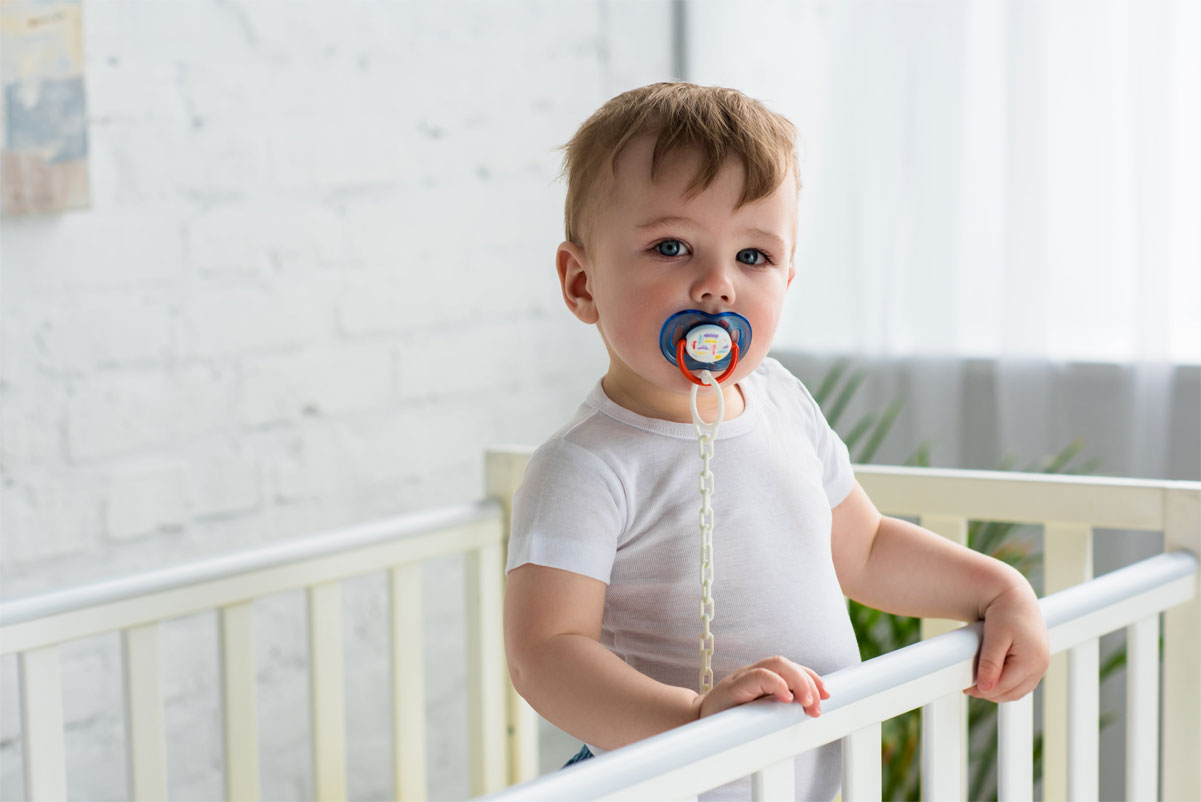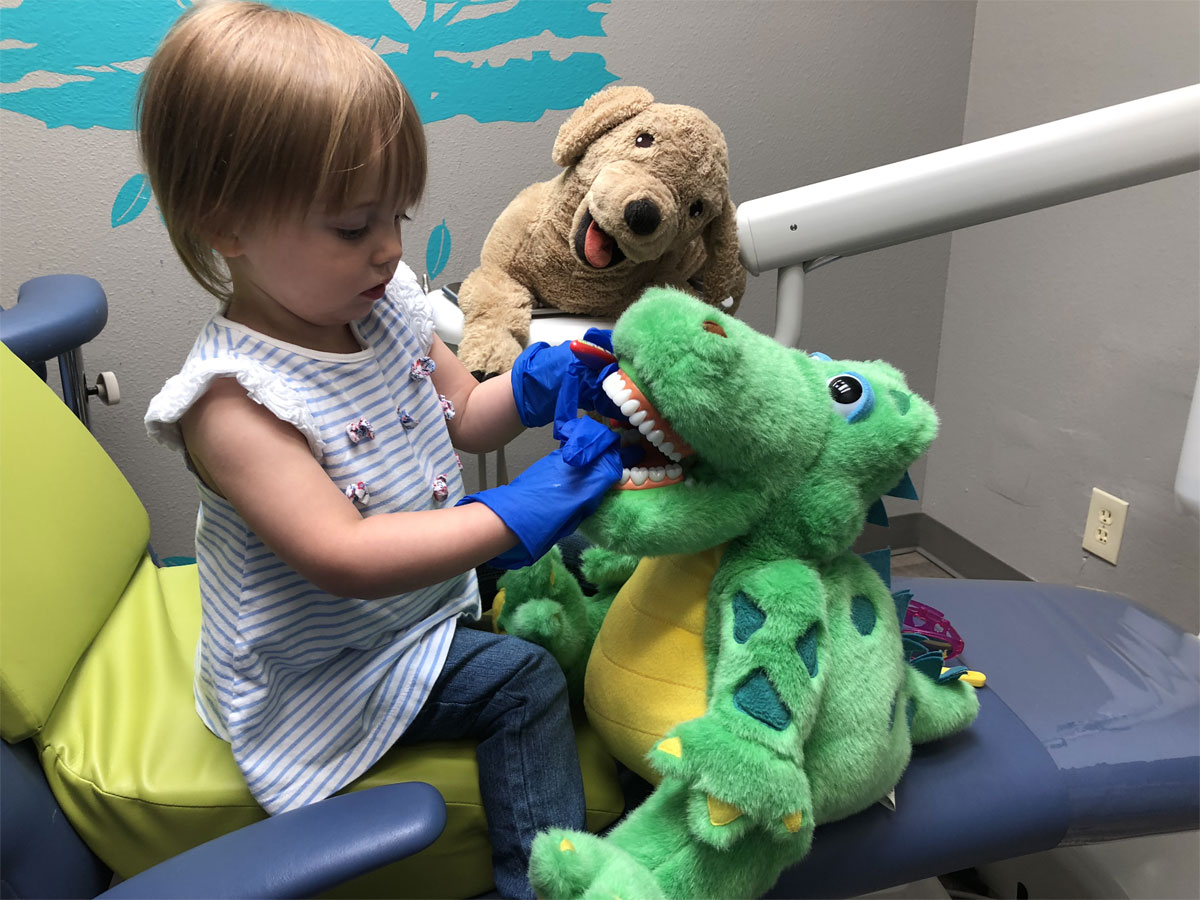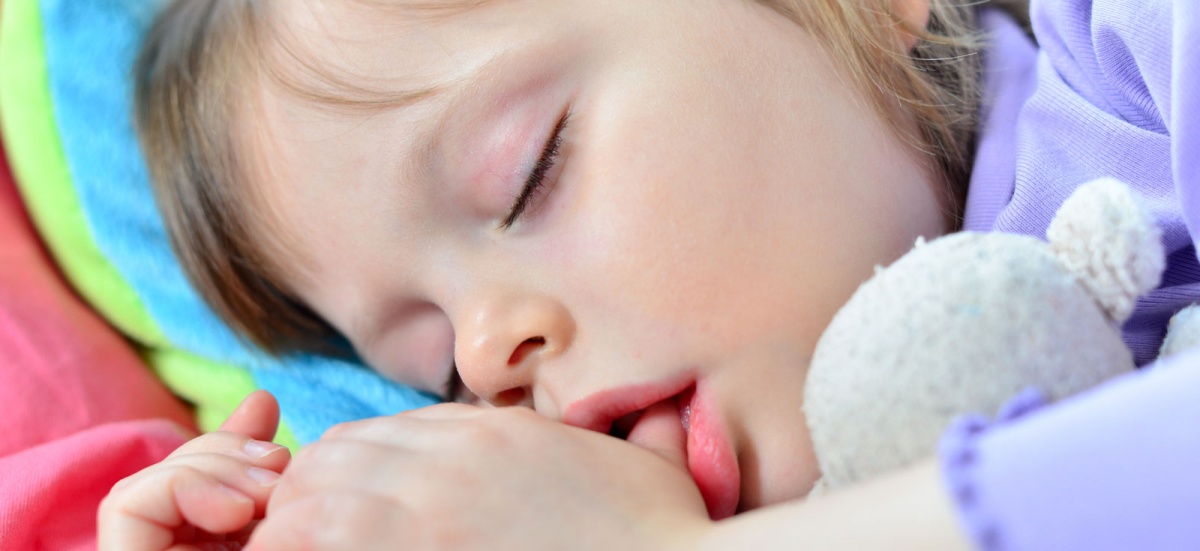
Avoiding the Consequences of Unhealthy Thumb, Finger, and Pacifier Habits
Infants are born with the instinct to suck, which makes them naturally want to nurse. In fact, babies begin sucking on their fingers before they’re even born. The act of sucking on fingers, thumbs, or a pacifier helps to soothe infants and it’s perfectly natural. If the habit of sucking on fingers or a pacifier goes on for a long period of time, however, it can lead to problems, as your child grows and develops.
The Best Age to Stop Giving Your Child a Pacifier
According to the American Academy of Pediatric Dentistry, children should ideally stop using a pacifier and/or sucking on their thumb by the age of three to prevent the habit’s interference with proper development and alignment of your child’s mouth and teeth.
Negative Effects of Prolonged Pacifier Use or Sucking on Fingers
If the habit of sucking on a pacifier or fingers is prolonged, it can result in:
- Improper development of the mouth and jaw
- Open bite or otherwise misaligned teeth
- Altered appearance
- Difficulty chewing and trouble swallowing
- Speech impediments
- Possible introduction of harmful bacteria via pacifier or fingers into the mouth


Tips to Discourage and Eliminate Non-Nutritive Habits
Most children will stop wanting a pacifier or quit sucking on their fingers and thumbs on their own between the ages of two and four. Some children, however, will continue these habits over a longer period of time, which can have adverse effects on their development. In order to help your child break the habit, you can try the following tips:
- Cut the tip of the pacifier incrementally to eliminate the comfort of the suction
- Use positive reinforcement to praise your child when they refrain from sucking their thumb, especially in stressful situations.
- Provide comfort when a child feels insecure in order to eliminate the need to self-soothe by sucking a thumb.
- Cover your child's hands with socks during the night, when thumb-sucking might occur reflexively.
- Explain the consequences of sucking on a thumb or finger to older children who can understand why they should consciously try to stop.
Additional Ways to Break Your Child's Habit
If these steps alone do not help your child break the habit of sucking on their fingers, then Dr. Stewart at Kenmore Pediatric Dentistry can provide further assistance. Depending on your child’s age and needs, we might recommend a prescription ointment that is completely safe but tastes bitter, which will discourage thumb-sucking. We can also provide your child with a specially designed orthodontic appliance which can be worn to prevent sucking on a thumb or pacifier.
Although most children will break this habit on their own, many do not and continue to suck on their fingers or thumbs well into childhood. If your child is having trouble breaking this habit, we encourage you to schedule an appointment with Dr. Stewart to prevent further problems from developing.










2.png)
